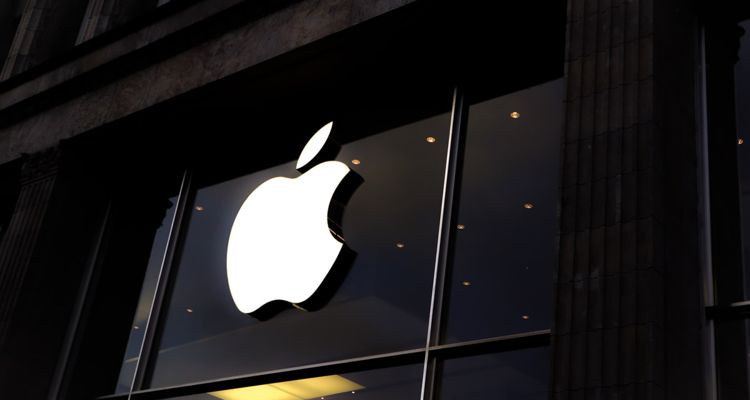Photo credit: Laurenz Heymann
The UK government is considering new regulations on dominant digital companies in the market, like Apple.
The regulations would keep the UK’s digital economy open and fair for everyone. In April, the UK created the Digital Markets Unit (DMU) within the Competition and Markets Authority (CMA). The new unit will be able to designate large companies like Apple as having “strategic market status”.
Businesses designated by SMS will be required to follow new rules of acceptable behavior “with competitors and customers in a way that will benefit the public and stimulate growth and innovation throughout the economy”.
No existing business is yet listed as having achieved the SMS designation. The UK government is stepping up its investigations to determine whether Apple’s position is anti-competitive, as companies like Spotify and Epic Games claim.
Both companies argue that being forced to go through the App Store and agree to Apple’s restrictive TOS is anti-competitive. This is especially true when Apple operates a competing service (Apple Music vs. Spotify) that does not sell 30% of its revenue to a direct competitor. The DMU can set guidelines for Apple that prevent such situations.
This could force companies like Apple to avoid restricting users to a “default” service. This requirement falls under the “mandatory code of conduct” which is being established for technology companies. “The consultation solicits opinions on the aims and powers of the DMU and details a new mandatory code of conduct, which will define what is expected of companies in terms of fair trade, open choices, trust and transparency. ”
“This could include technology platforms that do not push their customers to use associated services by default or mandatory, or that ensure that third-party companies that depend on them are not prevented from doing business with competitors. “
“The code will be underpinned by strong investigative and enforcement powers. These may include the imposition of fines of up to ten percent of a company’s turnover for the most serious offenses.
The DMU could also reverse any decision made by Apple to block competitors from its App Store. The DMU could potentially overturn Apple’s decision on rejected apps, allowing them to return to the App Store.
A glaring example of this happened with games when Apple refused to allow Microsoft’s xCloud streaming app earlier this year. This is because Xbox users could access the Microsoft Store in the app, which is against Apple’s terms of service. Government regulations in the UK could determine which apps will be available there more than Apple in the future.
About the Author
![]()
–

